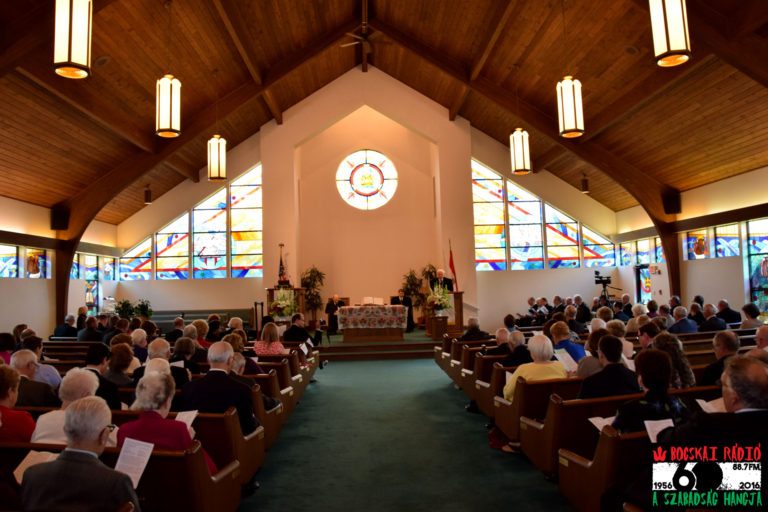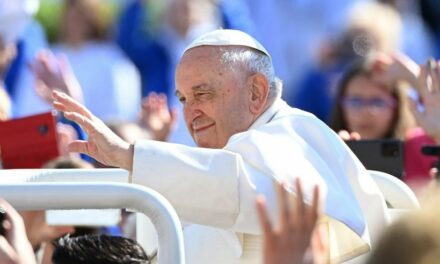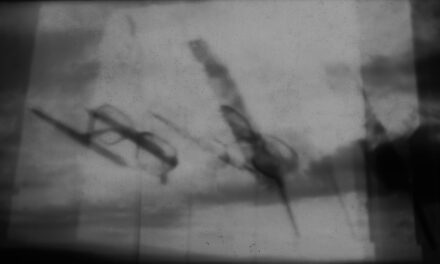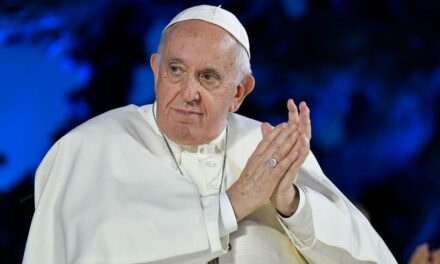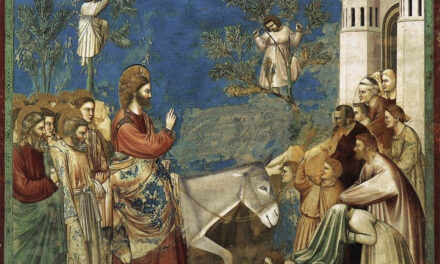The legacy of the Reformed people who prayed and sang psalms in Hungarian far from their homeland is unparalleled in the United States. Among them was István Mózes Mező, head of the Synodal Office, who represented the Hungarian Reformed Church at the ceremony held on the occasion of the 130+1 year anniversary of the First Hungarian Reformed Church in Cleveland.
According to the pastor, they wanted to celebrate the anniversary of the founding of the church last year, but the coronavirus epidemic did not make it possible, so it took place this year.
"Bishop Zoltán Balog was unable to participate in the event, so I had the honor of representing our church. The purpose of the visit was primarily to foster fraternal relations and to learn about the situation of the Reformed people living there, as well as to search for opportunities for mutual assistance, from which long-term cooperation can begin, said the head of the office. "The cooperation will not necessarily be of a material nature, rather it can play the role of a spiritual umbilical cord connected to the motherland. They surrounded us with an embarrassing amount of love, joy and kindness.”
John C. Dorhauer, president of the United Church of Christ, and Bishop Csaba Krasznai preached the Word at the celebratory service.
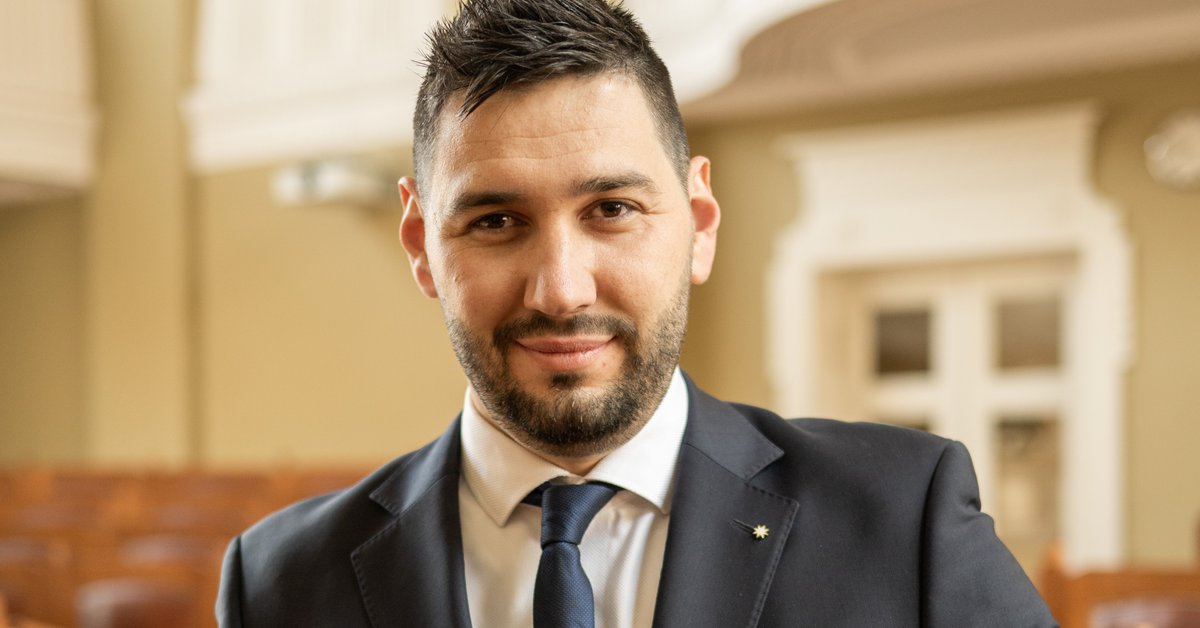
István Mózes Mező/Source: reformatus.hu
István Mózes Mező also spoke about the beginnings:
"1891 On May 2, the first official Hungarian Reformed congregation was founded in Cleveland, USA, at the initiative of pastor Gusztáv Jurányi, the then delegate of the Hungarian Reformed Synod. Church life was started with sixty members who migrated from Nyírség to the new homeland. Community was important to them, they wanted to belong somewhere. At first, they held services in rented rooms, although many of them did not have their own homes yet,
They wanted to build a house for God first. Their wooden church opened its doors in 1894. In 1904, the faithful could already gather in a stone church.
In 1949, the cathedral, which was unique among the American Reformed community and could accommodate thousands of people, was consecrated, and it was the largest church of the American Hungarian Reformed community. By 1996, another church was built in the Garden City section of Cleveland. Today, this building still houses services at Walton Hills. From the beginning, they participated in the work of the Kálvin Church District belonging to the United Church of Christ in America, which became a member of the Hungarian Reformed Church in 2019.
It was uplifting to sing psalms in Hungarian 7,500 kilometers from my country. It is a miracle of God that the Hungarian community has survived here for 131 years. The spiritual umbilical cord that connects us became more valuable to me, and I gratefully thought about the cooperation with them in our church constitution adopted in 2009." (István Mózes Mező)
Reformatus.hu: How is life in the Cleveland community?
Second- and third-generation Reformed people live there, not everyone speaks the native language, but they preserve and nurture their culture and practice hospitality. The community is brought together by Bishop Csaba Krasznai and his wife, Mrs. Bea, and they maintain a close relationship with the other Hungarian congregations there, from Miami to Fairfield to Buffalo. They know the everyday life of the people there well, and they see how much they are struggling with a shortage of pastors. Perhaps the most difficult situation are those pastors whose scattered congregations can only be reached by driving for six to eight hours. From a Hungarian point of view: it is like having to go from Debrecen to Győr to visit church members.
We must soon find a solution to the pastor shortage, because where there is no shepherd, the sheep scatter. In the meantime, the fact that the people there are proud of their Hungarianness, understand each other, accept each other, and long for the blessing of brotherhood gives cause for hope.
The Transylvanian Reformed say "Peace from God", many use the Hungarian "Aldás, békség", and those who no longer speak Hungarian greet with "Peace and Blessing". They like to wear the cockade, and on the occasion of the holiday, they put on the Hungarian decorations, the national costume, with a sense of self.
Source, full article and featured image: reformatus.hu

